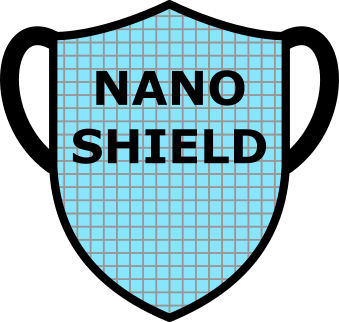
Nano-SHIELD: Multifactorial Nanofiber Membranes as CBRN Shield for Next Generation Defense and Civil Application
BIOFABICS (Coordinator of the Project) (Portugal)

Biofabics is an R&D company specialized in 3D Biotissue analogues, providing next-generation solutions for studying, mimicking, repairing and replacing living tissues and organs. In particular Biofabics develops: truly 3D customizable organ-on-chip devices for drug discovery and personalized diagnostic/treatment; body-like environments for study of cells and tissues in in vivo-like states; tailormade implants and bioreactors for research and implantation. Biofabics provides R&D services to companies and labs around the world who are looking to employ novel, more accurate, and more reliable tissue/organ models in their own research activities.
web: www.biofabics.com
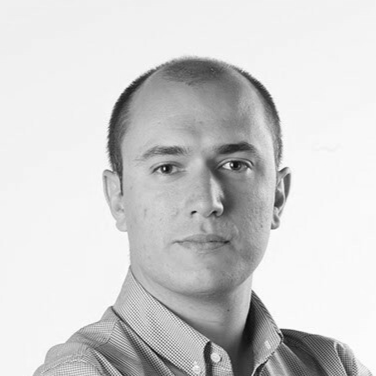
Lead Scientist: Pedro Costa
Dr. Pedro Costa is a researcher, inventor, educator and entrepreneur. He is the founder and CEO/CTO of BIOFABICS, which is specialized in the creation of 3D Biotissue Analogues. Before that, he was the coordinator of the world’s first MSc Programme in Biofabrication at Utrecht University, manager of the Utrecht Biofabrication Facility and postdoctoral researcher at the University Medical Center Utrecht (Netherlands). Dr. Costa can be described as a biologist by training and engineer/maker by heart, given his undergraduate studies in Applied Biology followed by a PhD in Biomedical Engineering where he specialized in the combination of highly automated tools such as 3D (bio)printing and bioreactor technologies in the field of tissue engineering and regenerative medicine. He has previously worked in both academic and industrial environments in places such as Germany (Technical University of Munich), Australia (Queensland University of Technology), Belgium (Materialise NV) and Portugal (University of Minho). Dr. Costa has received several awards for his work, among them the 2014 Translational Award (European Society for Biomaterials) and the 2016 Young Investigator Award (International Society for Biofabrication). In 2018 he was also awarded with a Marie Sklodowska-Curie Individual Fellowship from the European Union’s Horizon 2020 research and innovation programme and in 2020 was selected as a finalist (top 4 in the Innovative Science category) in the European Commission’s Innovation Radar Prize.
RESPILON (Czech Republic)
RESPILON partners with many companies from different industries all over the globe that share the vision of creating nanofiber products to protect lives. The company delivers cutting-edge technology and products that add value to the partners’ businesses.
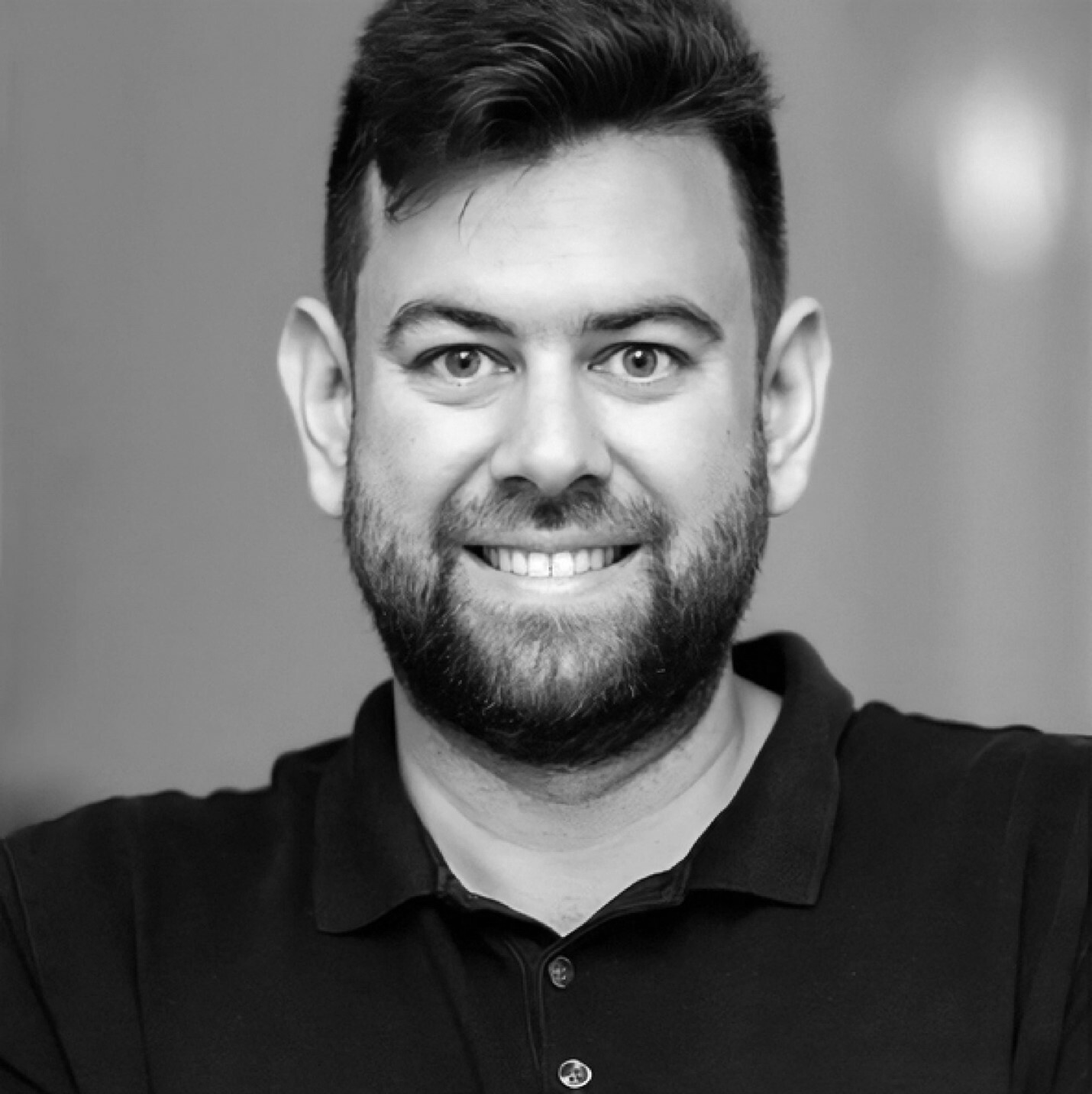
Lead Scientist:M Matej Buzgo
Matej Buzgo is the Head of Research and Development of Respilon Group. He has 15 years experience in nanofiber preparation from biomedical, technical and drug delivery applications. He is the author of more than 30 scientific publications, more than 10 patents and commercialized 5 nanofiber-based products.
POLYMER FACTORY (Sweden)
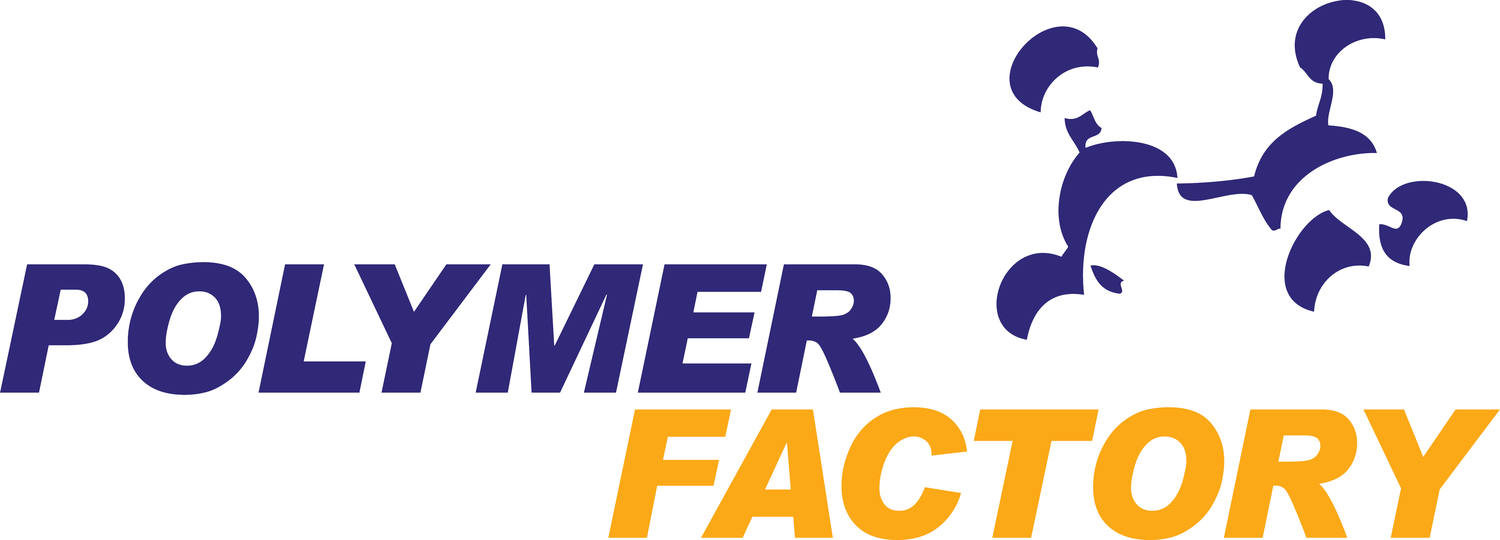
Polymer Factory is a leading global provider and producer of dendritic materials, with customers ranging from Big Pharma, MedTech and BioTech companies, to research-intensive institutes and academic research groups. The Company’s dendritic materials act as smart delivery systems that enhance the effects of the substances they carry, e.g., a vaccine or an anticancer drug. They have also shown great promise in diagnostics, tissue engineering and in the development of vaccines. In addition, Polymer Factory has used the Company’s vast knowledge and expertise to develop a patented calibration technology, named SpheriCal®, designed for Mass Spectrometry instruments. The Company’s dendritic nanotechnologies have the potential to accelerate innovation in technologically demanding sectors, such as MedTech and BioTech.

Lead Scientist: Jamie Godfrey
Dr Jamie Godfrey obtained his Master of Chemistry degree from Warwick University, UK, in 2010 and his PhD in Polymer Chemistry in 2014, also from Warwick University. He took up a postdoctoral position at KTH Royal Institute of Technology in Stockholm, Sweden, in 2015, working on degradable polymer architectures. He joined Polymer Factory in 2016 and is currently responsible for Dendrimers and Dendrons – advanced nanomaterials used in a wide range of Bio- and MedTech applications. Dr Godfrey has expert knowledge in synthetic chemistry and polymer chemistry, especially in production and properties of dendritic polymers and their application in functional materials.
GRAPHENE-XT (Italy)
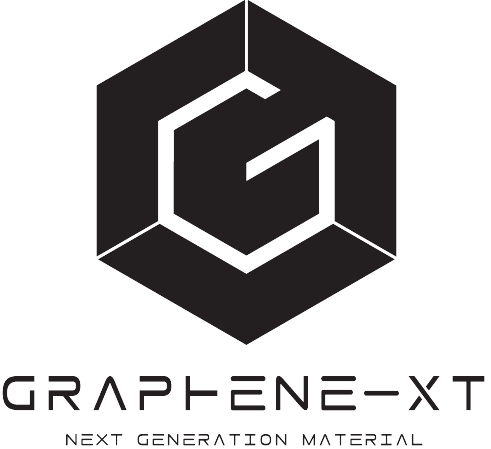
Graphene-XT is leading company in graphene production and applications. Graphene-XT use a green chemistry approach to produce, with a proprietary technology, its own water suspended graphene on a scale of ~10 L/day. This technology can also be successfully applied to the production of different other nanoparticle.
Graphene-XT is able to industrialize nanoparticles deposition via ink-jet and rotogravure printing on a wide range of substrates at low curing temperature. The company by working in collaboration with various academic structures (eg. the University of Bologna, the University of Trieste, the National Research Council) has also gained experience in several other nanotechnologies field applications such as: 1. coatings to improve electrical conductivity, 2. coatings for friction reduction, 3. coatings to improve thermal conductivity, 4. graphene functionalization for sensing application, 5. coating for gas barrier properties, 6. graphene and other 2D materials functionalization for gas separation membranes.
web: www.graphene-xt.com
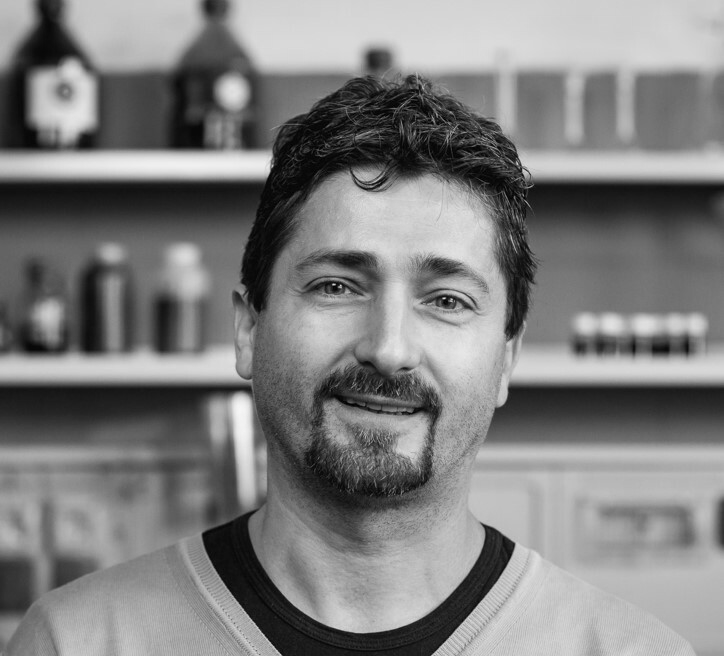
Lead Scientist: Simone Ligi
Dr Simone Ligi is the cofounder and director of Graphene-XT has a long-lasting expertise in the field of production and commercialization of commodity polymers, acquired working in the technical and commercial departments of several large chemical industries. He has 11 patents and has published several papers in peer-reviewed journals on catalysis and graphene applications.
RHINE-WAAL UNIVERSITY OF APPLIED SCIENCES (Germany)
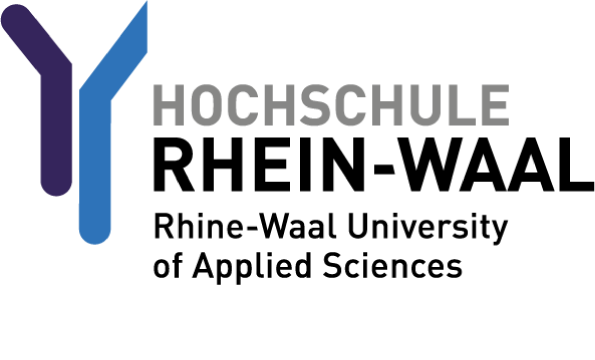
Rhine-Waal University of Applied Sciences, with its two campus locations in Kleve and Kamp- Lintfort, is a university that is both deeply rooted in the Lower Rhine and connected to the world. Our 7,300 students, who represent altogether more than 120 different nationalities, are enrolled in 25 bachelor’s and eleven master’s degree programmes. The courses offered span the scientific spectrum, including engineering, technology, economics as well as social, natural and health sciences across four faculties and two campuses. As a university of applied sciences, the focus of degree programmes is on practical applications and real-world relevance. The students learn the important fundamentals of business economics and law, and are given numerous opportunities to develop interpersonal soft skills that are key for the business world, such as presentation and communication techniques, project management skills, social and intercultural skills and conflict management strategies. The university has close ties to business, research and academic institutions generate opportunities for researchers in joint R&D projects, and for students in the form of practical projects, internships and thesis topics.
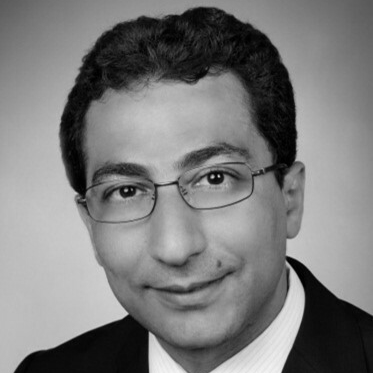
Lead Scientist: Amir Fahmi
Prof. Dr. Amir Fahmi has a wide interdisciplinary knowledge through his qualifications in different fields (bio/ chemistry and material sciences) and has work experience in different departments (bio/ chemistry, physics and the department of manufacturing, materials and mechanical engineering) and on diverse research and industrial projects among Gaiker, Rolls-Royce, TQC and TECAN. His areas of research include Nanofabrication via directed self-assembly of (bio-) copolymers at different dimensions and length scales. Functional nanostructured hybrid (bio-) materials Nanoparticles synthesis, size control and assembly at 1D-, 2D-, and 3D-dimensions. Fabrication of nano-objects as markers to study complex biological systems. Bio-inspired hybrid materials based on dendrimers templating inorganic moieties. Nanofibers fabrication via electrospinning for biomaterial applications. Exploration of simple synthetic approaches (in-situ) combined with external stimuli to fabricate functional nanocomponents possessing unique physical properties for new generation miniaturized devices. Rheology of polymeric materials and hybrid systems.
LEITAT (Spain)

Founded in 1906, Leitat is one of the reference entities at state and European level in technology management. It has a team of more than 500 professionals, experts in applied research, technical services and management of technological and innovation initiatives. Leitat provides social, industrial, economic and sustainable value, offering comprehensive solutions in multiple sectors and areas: development of new materials, eco-sustainable production, occupational health prevention systems, revaluation of waste and use of natural resources, interconnectivity and digitization of industry, green energy and maximization of energy efficiency. Leitat is recognized by the Ministry of Economy, Industry and Competitiveness and is one of the main entities participating in the Horizon2020 program of the European Union.
web: www.leitat.org
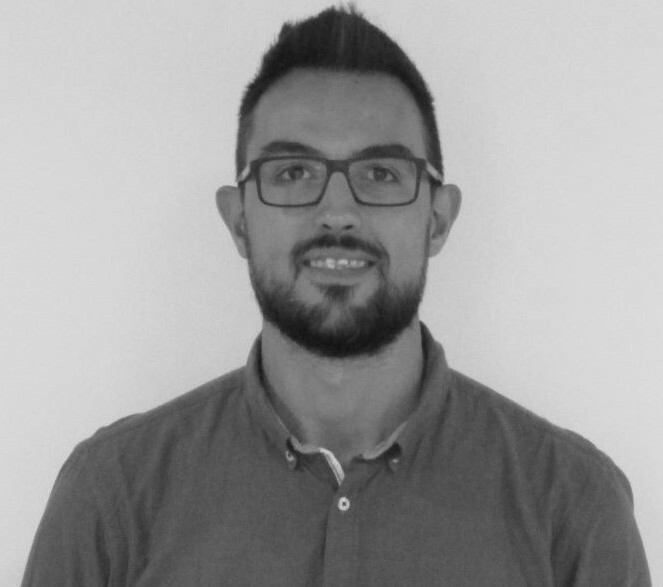
Lead Scientist: Diego Morillo
Diego Morillo Martín is graduated in Chemistry at Universidad de Salamanca (Spain, 2008), he has a Master degree on Science and Chemistry Technology at Universitat Autònoma de Barcelona (Spain, 2009) and PhD in Chemistry at Universitat Autònoma de Barcelona (Spain, 2013) and has acquired broad experience in nanoparticles synthesis, polymeric nanofibers fabrication and chemical surface modification of nanoparticles/nanofibers, heavy metal ions adsorption techniques and anionic-cationic selectivity in wastewater. In addition, he has experience in analytical and characterization Techniques. Nowadays, he is Area Manager in Functional Materials & Processing at Applied Chemistry and Materials Department of LEITAT Technological Centre (Spain) where he has specialized on the development of polymeric and ceramic nanofibers by electrospinning, chemical surface modification, fabrication of nanocomposites by combining nanoparticles and nanofibers and synthesis of porous materials like Metal-Organic Frameworks or polyHIPEs for several applications such water filtration and adsorption processes of heavy metals, semi-metals, precious metals or rare earth ions in industrial and mine leachates, wastewater or groundwater. He has expertise in the development of filtering media based on nanofibers for its application on air and gas filtration for particles removal, VOCs degradation, or gas purification/up-grading.
Institute of Experimental Medicine Czech Academy of Sciences (Czech Republic)
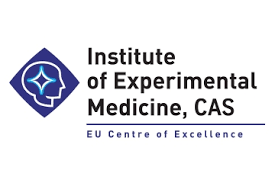
The Institute of Experimental Medicine CAS is a recognized center of basic biomedical research in the Czech Republic. At present, the institute consists of 11 separate scientific departments, focusing on research in biochemistry, cell and developmental biology, pathology, molecular embryology, genetic toxicology and nanotoxicology, neurobiology, neurophysiology, neuropathology, oncology, tissue replacement, and nanomedicine. It develops and verifies analytical, diagnostic, and therapeutic methods as well as supports basic research across the biomedical spectrum with a high potential for technological transfer in human medicine. Its projects are focused on biomedical challenges, such as finding effective diagnostic markers and treatment of serious diseases associated with aging of the human population i.e. neurodegeneration, trauma, ischemia, musculoskeletal disorders, cancer and degenerative changes in vision and hearing. The impact of environmental pollution on human health is also an important topic under study.
web: www.iem.cas.cz
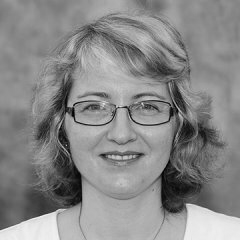
Lead Scientist: Eva Filova
Eva Filová, MSc., Ph.D. graduated at the Pharmaceutical Faculty of the Comenius University, Bratislava, Slovak Republic. She graduated a PhD at the 2nd Faculty of Medicine, Charles University of Prague, Czech Republic, in 2009. Her research is focused on in vitro evaluation of cell proliferation and differentiation, cytotoxicity and biocompatibility testing, on the development of in vitro models of skin, liver, intestine and lungs, on the evaluation of nanofibers as drug delivery systems and their effect on cells, on tissue engineering of cartilage, growth plate, bone, intervertebral disc, tendons, and meniscus, skin, and on in vivo testing of artificial scaffolds.
Military Research Institute (Czech Republic)

Military Research Institute (VVU), a state enterprise, is the only state-owned company issued by Ministry of Defence that holds the character of a research institute. It ensures meeting strategic and other significant interests of the state in the field of defence and security, the development of capacities of the Army of the Czech Republic, armed forces and the Emergency System of the Czech Republic as well as it performs the activities of industrial and business nature to ensure supplies and services needed to guarantee the defence and safety of the Czech Republic and discharges liabilities based on the membership in NATO and the EU. VVÚ performs research and experimental development assignments connected to higher innovations, mainly the technology of ground forces, materiel in the core fields of specialisation that are chemical, biological, radiological and nuclear protection and connected fields, such as chemical protection of the army, sensors, electronic and cybernetic warfare, camouflage and deception, special metal and non-metal materials, technology of surface protection, the system of quality and the technology of logistics.
web: www.vvubrno.cz
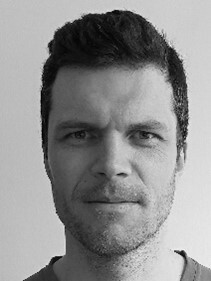
Lead Scientist: Pavel Krejci
Pavel Krejci, PhD. works as the Head of CBRN Protection Group at the Chemical, Biological and Radiation Protection Section. His area of research includes CBRN protective materials (from raw materials to products) and components. Testing of CBRN protective equipment with chemical warfare agents and expertise in the field of individual and collective protective equipment. He is a member of the NATO expert group focused on CBRN physical protection.
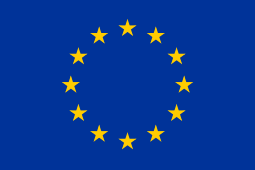
Project Nano-SHIELD is funded by the European Union (European Defence Fund).
Views and opinions expressed are however those of the author(s) only and do not necessarily reflect those of the European Union or the European Defence Fund. Neither the European Union nor the granting authority can be held responsible for them.